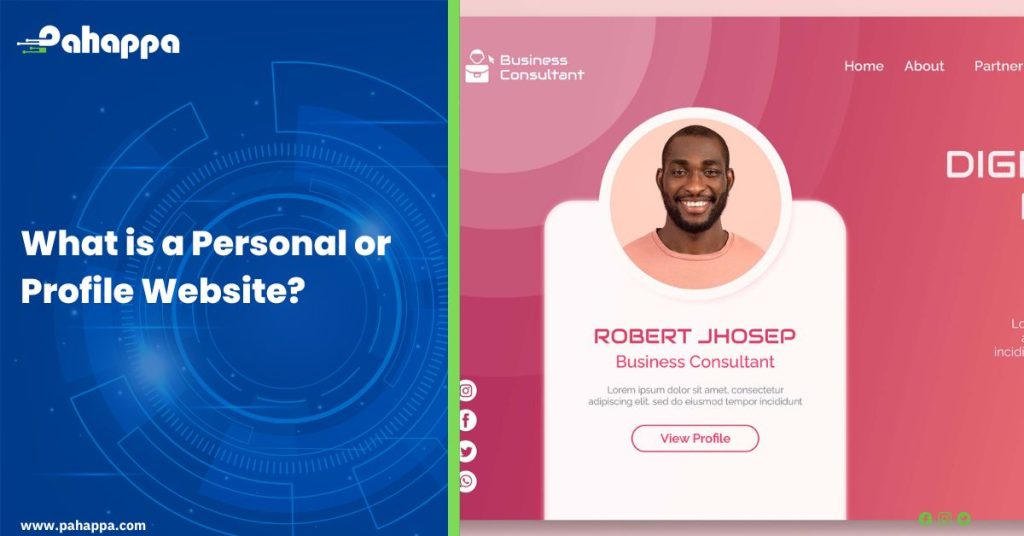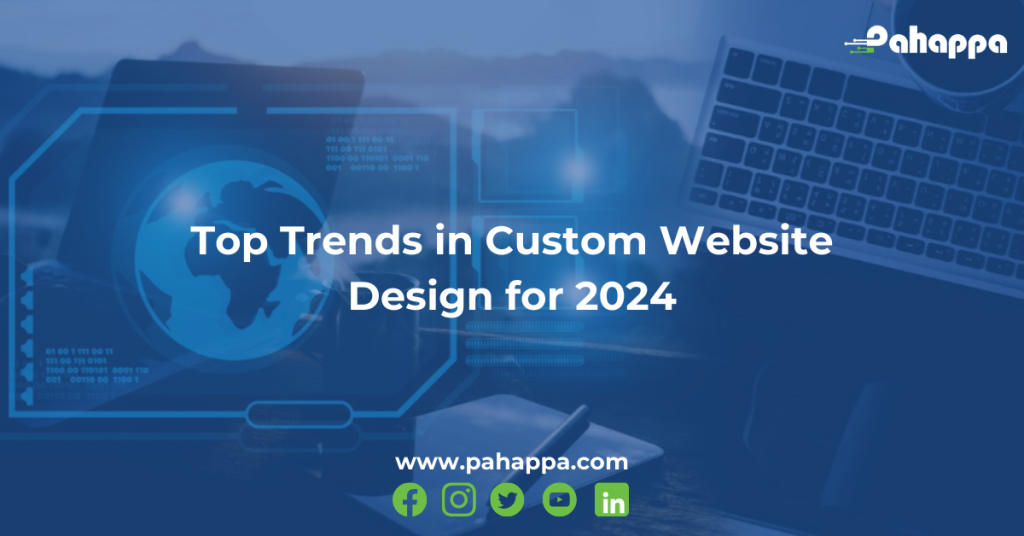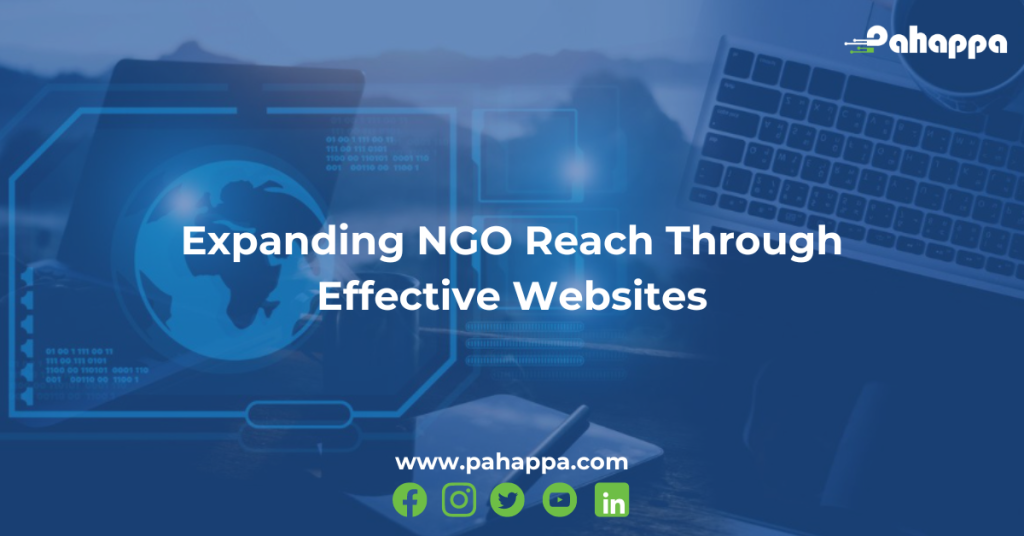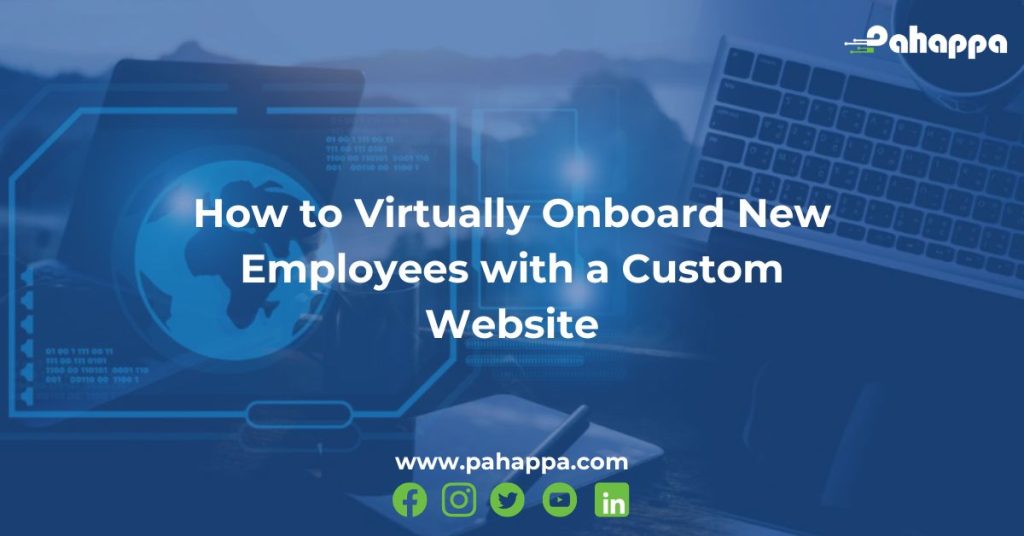A profile website, also known as a personal website or online portfolio, is a digital platform that individuals use to showcase their personal or professional information, achievements, skills, and work. Many professionals can showcase what they can do and what they offer through a personal website. It serves as a centralized hub for presenting a comprehensive overview of who they are, their experiences, and what they have to offer. Having a personal website puts you and your services on the map letting you be accessible to anyone worldwide.
Here are some common elements and purposes of a profile website. For this example, I will be using a motivational speaker who wishes build an online community:
- Home/ Introduction Page:
- Typically, the home page includes a brief introduction, giving visitors an immediate sense of who the individual is and what they do.
- Introduction: Briefly introduce yourself and set the tone for the website for example what you specialize in and your unique selling point..
- Featured Content: Highlight key achievements, skills, or projects like podcasts or forums that you have featured in as a speaker and groups and associations you are in..
- Call to Action: Encourage visitors to explore other pages or contact you.
- About Me:
- A dedicated page that provides a more in-depth look at the person’s background, interests, education, and values.
- Personal Bio: Provide a detailed but concise overview of your background, education, and experiences.
- Skills: List your key skills and competencies.
- Values and Mission: Share your professional values and mission statement.
- Resume or CV:
- A section that outlines the person’s professional history, including work experience, education, skills, and achievements.
- Professional Experience: Detail your work history, including roles, responsibilities, and accomplishments.
- Education: List your academic qualifications, including degrees and certifications.
- Skills: Reiterate your key skills and competencies.
- Portfolio:
- An area to showcase samples of the individual’s work, projects, or creative endeavors. This can include images, descriptions, and links to relevant content for example a motivational speaker can choose this page to display his/her coaching or speaker certifications
- Showcase Work: Display samples of your projects, designs, or any work relevant to your field.
- Project Descriptions: Provide context and details for each project, including your role and contributions.
- Testimonials: If available, include testimonials from clients or colleagues.
- Services:
- If the person offers specific services, this section details what they provide, pricing, and how potential clients can get in touch.
- Offerings: Describe the services you provide or the skills you offer.
- Packages: If applicable, outline different service packages or consultation options.
- Contact Form: Include a form for potential clients or collaborators to reach out.
- Contact Information:
- A page or section with contact details, such as email addresses, and phone numbers.
- Contact Information: Provide multiple ways to contact you, including email, phone, and social media links.
- Contact Form: Include a user-friendly form for visitors to send messages directly from the website.
- Location: If relevant, mention your physical location or availability for in-person meetings.
- You can also include links to your social media profiles.
- Testimonials:
- Positive feedback and testimonials from clients, colleagues, or employers can be featured to enhance credibility.
- Feature positive feedback from clients, colleagues, or employers.
- Include names, positions, and possibly photos for credibility.
- Blog or Articles:
- Some individuals use their websites to share insights, articles, or blog posts related to their field of expertise.
- Share updates on your professional journey, achievements, or industry-related news.
- Keep your audience informed about your latest activities.
- FAQs:
- Frequently Asked Questions can address common queries visitors might have about the person, their services, or their work.
- Anticipate common questions visitors might have and provide clear, concise answers.
- Cover topics related to your services, availability, or other relevant inquiries.
- Responsive Design:
- Ensuring the website is accessible and looks good on various devices, including desktops, tablets, and smartphones.
That being said, personal websites offer a range of benefits to individuals who choose to create and maintain them.
Here are some of the advantages:
- Personal Branding: A personal website allows individuals to establish and showcase their personal brand. It serves as a central hub where they can display their skills, achievements, and personality, helping them stand out to potential employers, clients, or collaborators.
- Professionalism: Having a personal website can add a level of professionalism to your online presence. It demonstrates that you are proactive about managing your online identity and can serve as a polished representation of your work and expertise.
- Control Over Content: Unlike social media platforms or other third-party websites, you have full control over the content and presentation of your personal website. This means you can tailor it to reflect exactly what you want to convey to your audience.
- Showcase Portfolio or Resume: For professionals in creative fields such as design, writing, photography, or programming, a personal website can serve as a dynamic portfolio showcasing their work. It can also replace or complement a traditional resume by providing more detailed information about skills, experiences, and accomplishments.
- Networking and Collaboration: A personal website can facilitate networking and collaboration opportunities. It provides a centralized location where people can learn more about you and reach out for potential collaborations, partnerships, or job opportunities.
- Online Presence Control: With a personal website, you have greater control over your online presence and search engine results. You can optimize your website for search engines, ensuring that it ranks well for relevant keywords and that accurate information about you is readily available to anyone searching for you online.
- Learning and Growth: Building and maintaining a personal website can be a valuable learning experience. It allows individuals to develop skills in web design, content creation, digital marketing, and other areas related to online presence management.
- Long-Term Asset: A personal website is a long-term asset that can grow and evolve with you throughout your career. It can serve as a record of your professional journey, documenting your progress, achievements, and milestones over time.
Having a profile website is valuable for personal branding, as it allows individuals to control the narrative about themselves, highlight their strengths, and make a positive impression on potential employers, clients, or collaborators. It also offers a versatile platform for individuals to present themselves professionally, showcase their work, and connect with others in their field. It serves as a dynamic, online representation of one’s professional identity and accomplishments. Pahappa Limited takes pride in building websites that help individuals and small businesses build an online presence thereby competing with the global market. Begin your online journey with us today by visiting our website to get a quote.











